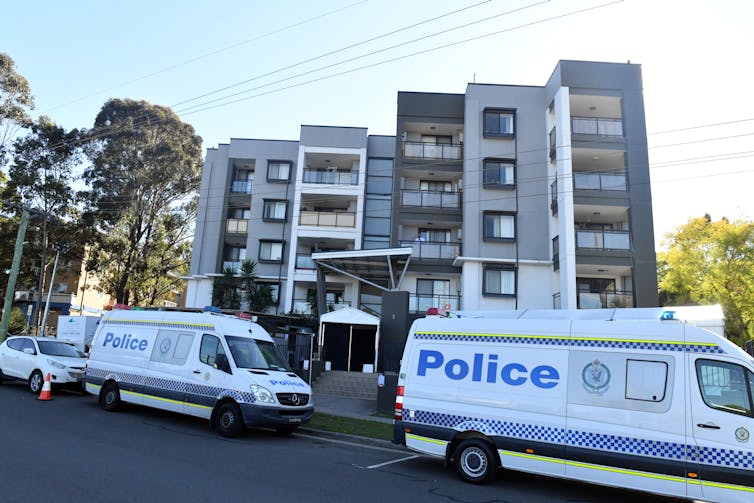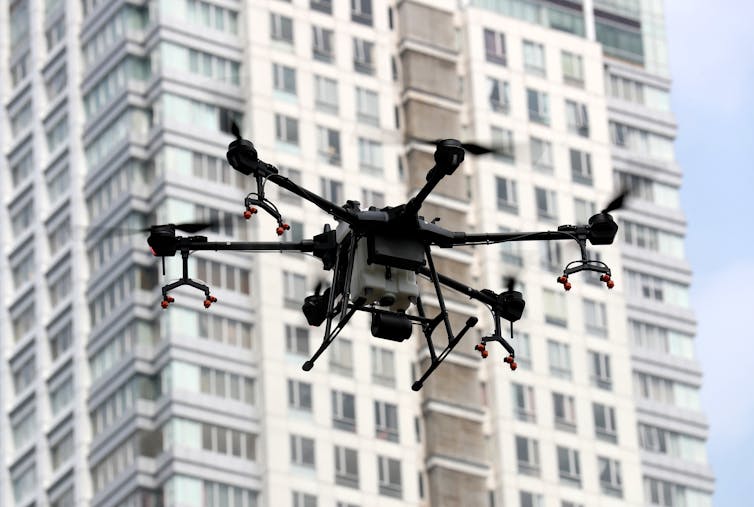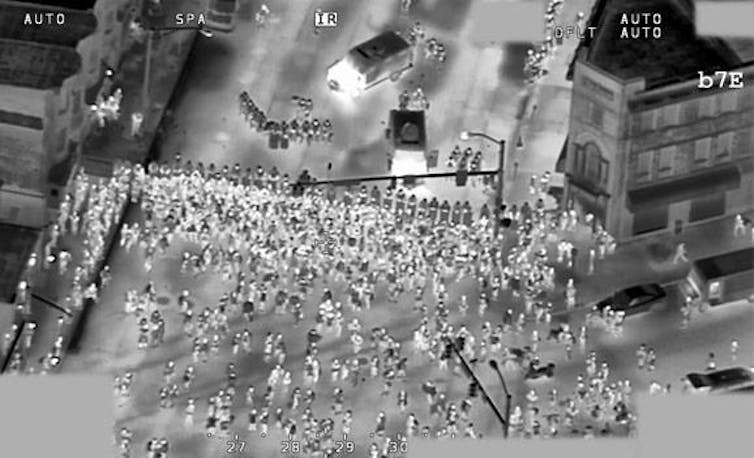Vincent Hurley, Macquarie UniversityWith states and territories beginning to plan their reopening strategies, questions have been raised about whether vaccination passports or certificates will be required to enter public venues – and who will be checking these documents.
The National Retail Association has said the “onus cannot be on the retailer” to enforce vaccine certificate compliance due to the potential for customer abuse. The group is calling on the police to do this.
In New South Wales, the health minister initially insisted police would be enforcing vaccine certificates. The NSW police commissioner, however, said police will not be doing so unless asked by venue owners.
The police commissioner has reason to be hesitant. The policing of vaccinations is not a criminal justice issue, it is a health issue. So why should we expect the police to enforce vaccine certificates?
If police are asked to take on this role, they would have to navigate their way through a “non-crime issue” being watched and critiqued by politicians, the retail sector, the health sector and the community at large.
This would place unfair expectations and undue pressure on our officers to handle a sensitive – not to mention time-consuming – task they should not be asked to do.
Read more:
COVID has changed policing — but now policing needs to change to respond better to COVID
How other countries are enforcing vaccine passports
Similar questions of enforcement are being raised in other countries that are rolling out COVID vaccine passports.
In the United States and United Kingdom, police have largely resisted taking on the responsibility for checking vaccine certificates, although this may change with the proliferation of fake vaccination cards being sold online and through the health sector.
In Switzerland, police will be responsible for ensuring compliance of the vaccine checks at public establishments, but due to lack of resources, this will only amount to spot checks or responding to businesses that ask for help. One canton said it will take a soft approach, with a spokeswoman saying
it is very important for us to proceed in a proportionate manner and with common sense.
In Israel, police will be stepping up enforcement of the country’s “green passes” at public venues. But officers will not be checking people at entrances; rather, they will focus on ensuring venue owners are enforcing the rules.
The constant checking of people’s vaccination status by authorities could be construed as one of the hallmarks of a police state; indeed, this is how China’s digital health code system operates.
If the police universally apply harsh or zero-tolerance policing at the behest of the state without the consent of population, we would in essence be living in a police state. Or worse, a place where police use excessive force under the guise of pandemic social control, such as in the Philippines.
Thankfully, our police have not had to take such a heavy-handed approach to enforce public health restrictions as the vast majority of people have put their trust in institutions and followed the rules.
The problem with using police in this way
But using the police to enforce vaccine certificates for entry into public venues would further shift what is essentially a public health issue into a law-enforcement issue.
The focus will increasingly turn to the police’s ability or inability to manage compliance with public health orders, and police will be on the receiving end of any societal backlash should this enforcement meet with resistance.
Public trust in the police was much higher than that of the government, political parties and the media at the start of the pandemic.
But changing the role of police could erode public confidence in the institution, as police officials have previously warned during the pandemic.
Enforcing vaccine certificates is also not the best use of police resources. This would take away from the ability of police to respond to other crimes that are of concern during the pandemic, such as domestic violence and cyber crime.
Police resources are already stretched thin in both Australia and overseas. In the UK, for instance, police officers have been retrained to become temporary ambulance drivers to make up for staffing shortfalls, taking them away from their daily policing roles.
The police is the only domestic agency that has the social mandate to enforce the law, maintain public order and protect life and, if necessary, use force in this process. (Not even the military can do this.) It is because of this far-reaching mandate that police have been called upon to enforce public health orders.
The ease with which governments can ask or demand police to serve certain roles gives forces little – and in some cases no – room to question these decisions. In this case, officers are being asked to police a disease, not a crime, and we should think twice about putting them in this position.![]()
Vincent Hurley, Lecturer in Criminology. Police and policing., Macquarie University
This article is republished from The Conversation under a Creative Commons license. Read the original article.






You must be logged in to post a comment.